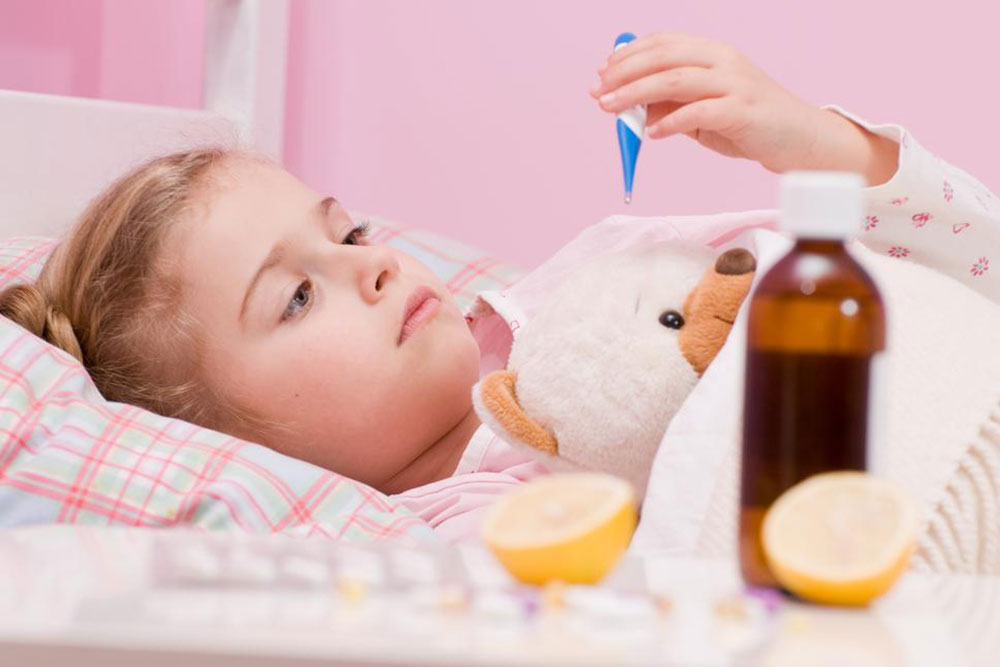An essential guide to fever temperature chart and fever blisters
You recall ever feeling like your body is placed into a blast furnace and being soaked with sweat all night? We have all been there. Being under the weather and down with fever might not be a thing to worry about, but it is important to know about your temperature and know when you should see a doctor.
The fever temperature chart helps you understand what’s your body temperature and whether the temperature is normal or no. Fever temperature chart is popularly used for children, to read their body temperature.
Here are some ways of finding your body temperature with the fever temperature chart:

Rectal temperature
Rectal temperature is mostly used for infants to know their body temperature. In this, the thermometer is firstly well lubricated, and the baby is made to lay down on its stomach. After this, the thermometer is inserted into the rectum of the infant, and the temperature is noted down.
A rectal temperature of 38 degree Celsius and above indicates that the baby has a fever.
Oral temperature
This is one of the most common ways of checking a person’s temperature. The thermometer is placed under the tongue of the patient and kept there for a while. If a temperature of 37.8 degree Celsius and above is noted, it means the patient has a fever.
Armpit & Ear temperature
An armpit temperature of 37.2 degree Celsius and above indicates a case of fever. For your ear temperature, place the thermometer inside your ear, not deeper than instructed by the medical professionals.
Temporal artery & temperature
You can note down your temporal artery temperature by placing the thermometer on your forehead.
What are fever blisters?
Sometimes, you will notice that your fever is accompanied by a sudden outbreak of blisters around your face. These are nothing but fever blisters, also called as cold sores. They are red, swollen, painful and contagious. Fever blisters mostly stay for about 2 to 3 weeks.
How to treat a fever blister at home?
Here are some quick home remedies you can have a look at:
Ice your blisters to numb the pain and reduce the swelling.
Dab tea tree oil on the blisters regularly and see the blisters fade within weeks.
Aloe Vera gel helps to soothe the redness of the skin.
Garlic is another great anti-inflammatory spice, which contributes to healing fever blisters.
Licorice roots are said to be useful for blisters because of the chemical called glycyrrhizin in them, which is an excellent antiviral and anti-inflammatory agent.
The above home remedies are just a few of the many available. Try and explore all your options, before you decide what works best for you. If any of these home remedies don’t seem to work for you or aggravate your pain, stop using it immediately and consult a doctor.

